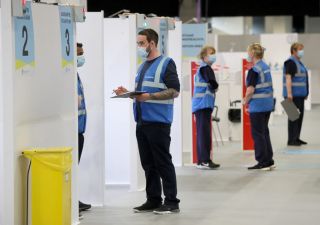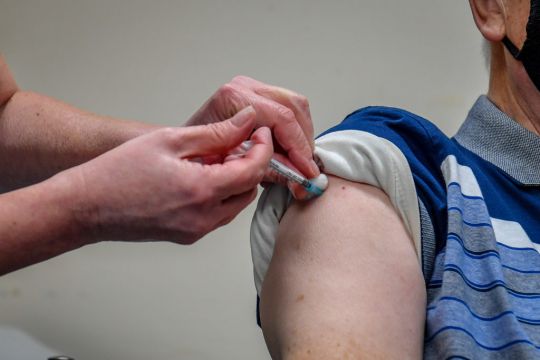UNICEF has seen an "an unprecedented response" to its 'Get a vaccine, Give a vaccine' campaign in Ireland, with over one million vaccines donated by Irish people to date.
The campaign, which aims to supply Covid-19 jabs to some of the world's poorest countries, has so far raised over €2.5 million in Ireland, only weeks after its official launch.
The initiative asks those who receive a vaccine, which is free of charge, to donate what they can to supply doses to countries with "little or no access to vaccines".
UNICEF has an established vaccine cold chain around the world through their work in childhood immunisation, which they are now utilising to provide Covid vaccines.
Irish people have donated 1 million COVID-19 vaccines to some of the world's most vulnerable populations.
PRESS RELEASE: https://t.co/djHmxHitvX pic.twitter.com/46eXkSuWnJ— UNICEF Ireland (@unicefireland) August 12, 2021
Advertisement
In a statement issued on Thursday, UNICEF Ireland executive director, Peter Power said they have been inspired by the response of individuals and companies across Ireland.
"We have been simply blown away by the incredible gratitude and solidarity for others that people in Ireland have shown. We have never witnessed anything like it before," he said.

"It is astonishing that some countries in the world have vaccination rates of less than 5 per cent, while the wealthiest countries have vaccinated the vast majority of their populations.
"By supporting this campaign in huge numbers Irish people have recognised that inequity and have taken this tangible expression of solidarity with people who have no access to vaccines," Mr Power added.
UNICEF are now leading the largest-ever vaccine procurement and supply operation under the global Covax operation, which has already delivered over 175 million doses to 138 countries since March 2021.
UNICEF said €4.48 allows them to deliver two doses of the Covid vaccine in countries where supplies are greatly needed. Donations can be made to the 'Get a vaccine, Give a vaccine' campaign on the UNICEF Ireland website.







